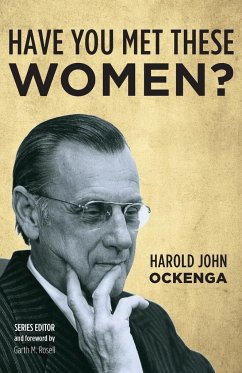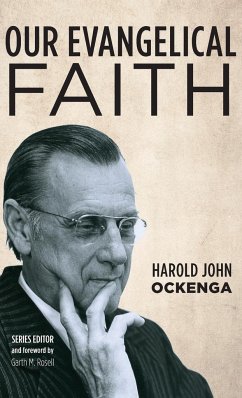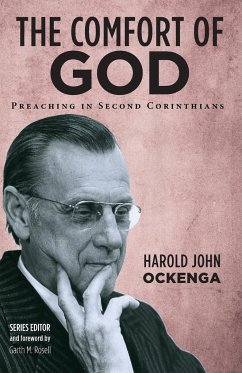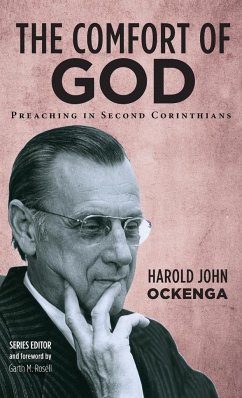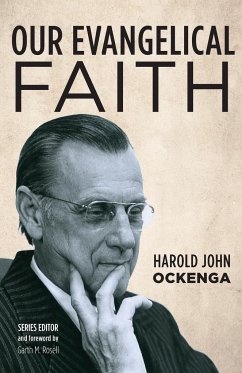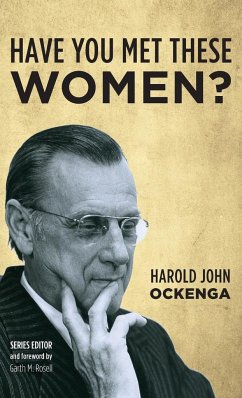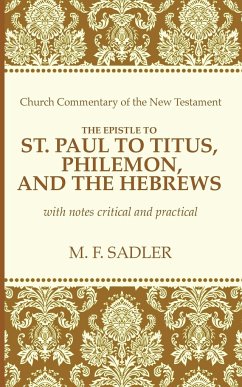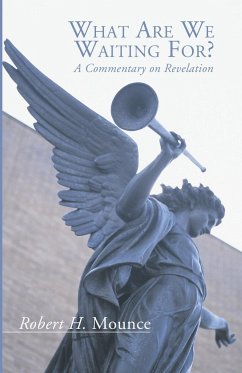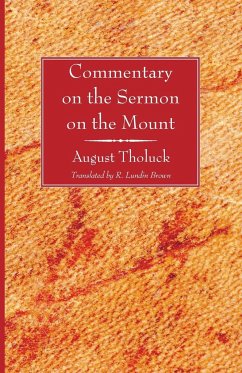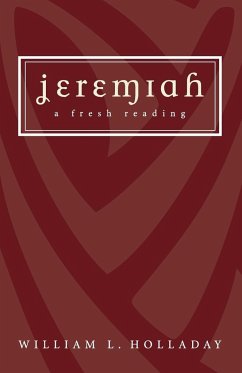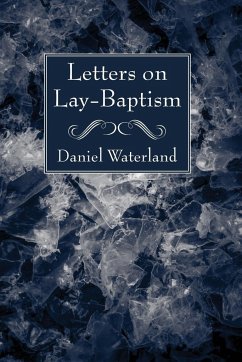
Letters on Lay-Baptism

PAYBACK Punkte
14 °P sammeln!
""The following Letters of the learned theologian, Doctor Waterland, are re-published with notes, in the hope that they may serve to spread and to strengthen a belief as to the character and value of Lay-baptism, which rests for its foundation on the witness and authority of holy Scripture--which has been widely held and taught throughout the Catholic Church from the earliest times--which is so consonant with the whole body of Catholic Truth that its denial would seem to be plainly inconsistent with that body of Truth, in more than one point--which is so consonant with right reason, that its c...
""The following Letters of the learned theologian, Doctor Waterland, are re-published with notes, in the hope that they may serve to spread and to strengthen a belief as to the character and value of Lay-baptism, which rests for its foundation on the witness and authority of holy Scripture--which has been widely held and taught throughout the Catholic Church from the earliest times--which is so consonant with the whole body of Catholic Truth that its denial would seem to be plainly inconsistent with that body of Truth, in more than one point--which is so consonant with right reason, that its contradictory is wholly unreasonable, unless we are prepared to contradict some other beliefs, which all Christian people agree to hold. ""Waterland's belief as to Lay-baptism is briefly stated in his own words, that 'since there is no Divine law or rule to found its validity upon, it can no more be valid than it can be lawful. For nothing is plainer to me than that what has no foundation for its validity, has no validity at all; or that nothing can be valid, which has no sufficient authority to make it so.'"" --From the Introductory Note by F. Nutcombe Oxenham, M.A.




